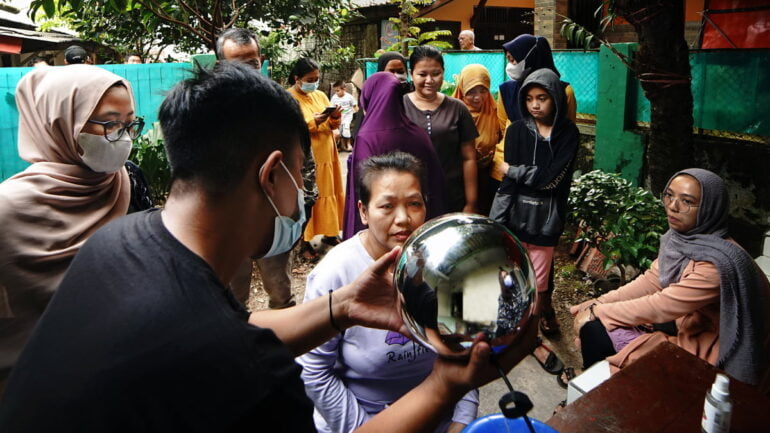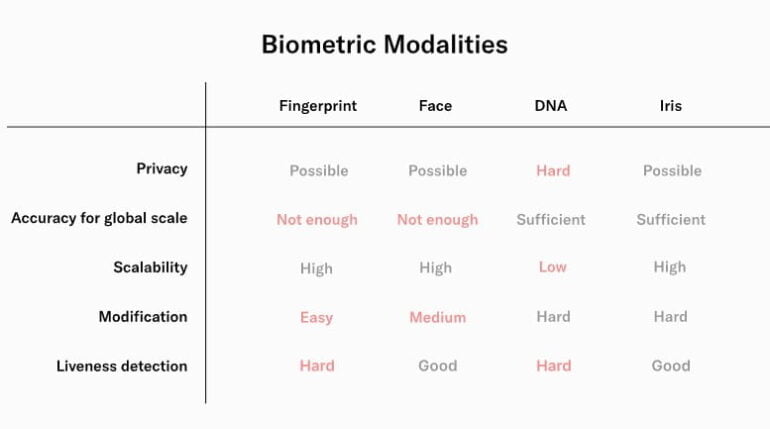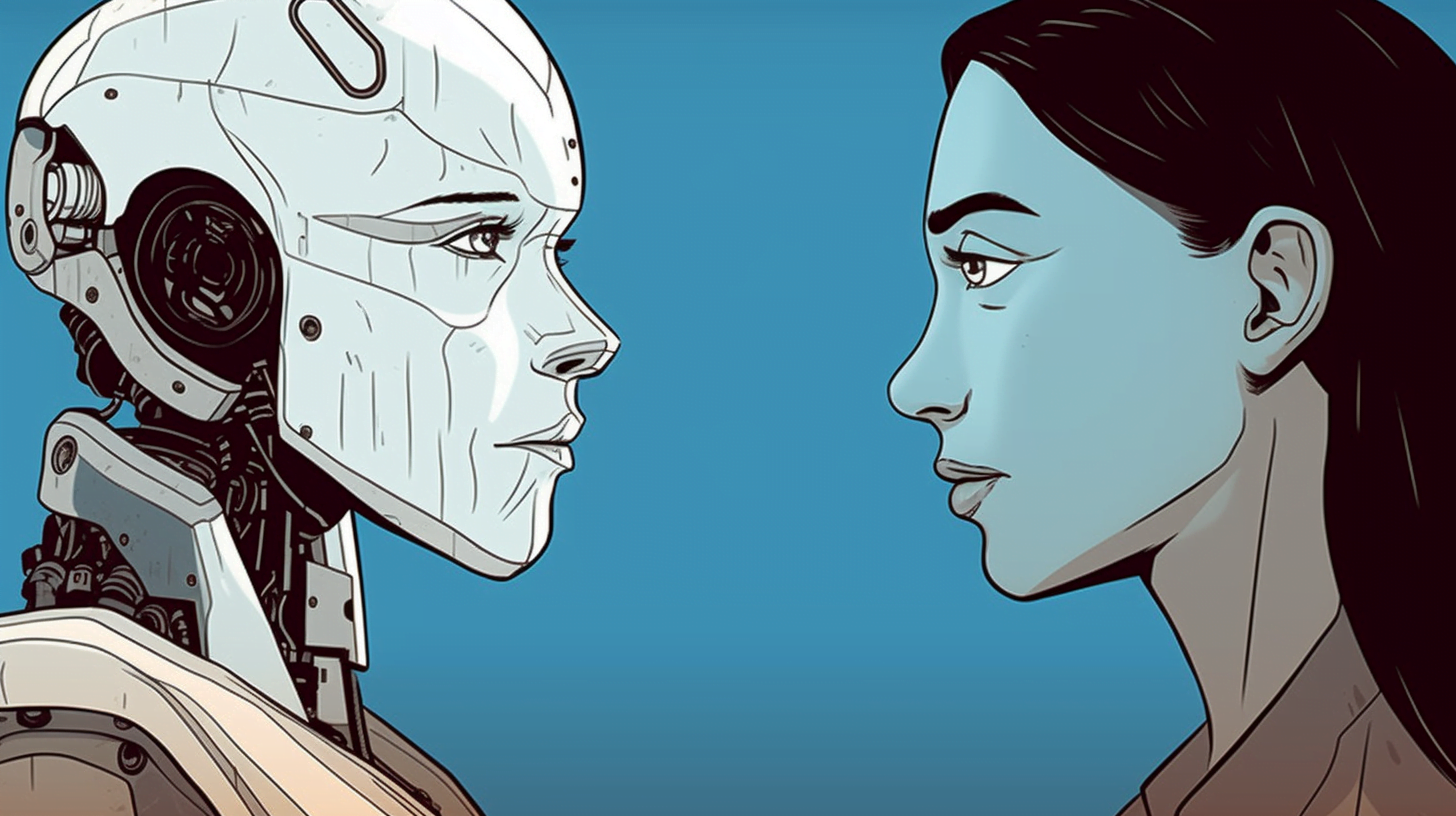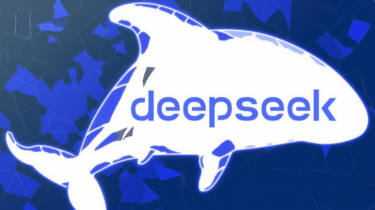- Worldcoin launched
Update from 24. July 2023:
OpenAI CEO Sam Altman's Worldcoin launches today with the core offering of World ID, an account verifiable through iris scan technology. The San Francisco and Berlin-based Tools for Humanity project aims to distinguish real people from AI chatbots online (see story below), and World IDs can be stored on cryptocurrency blockchains for enhanced privacy.
Over the last six months of its beta phase, the Worldcoin project has verified the uniqueness and humanness of more than 40,000 individuals per week. The availability of 1.5K Orbs will more than 5x sign up capacity globally and enable millions of additional people to join the 2 million who have already signed up for World ID.
Worldcoin.og
The launch expands "orbing" operations to 35 cities in 20 countries, with 2 million users from the beta phase. Altman foresees Worldcoin's potential to transform the economy with universal basic income (UBI) and reduce fraud in UBI delivery.
Original article dated April 1, 2023:
Identity in the AI Age: Start-up funded by OpenAI CEO releases SDK
Proving human identity may become increasingly important in the age of artificial intelligence. Sam Altman, CEO of OpenAI, is betting on it with his startup Worldcoin.
Founded in Berlin in 2019, crypto startup Worldcoin specializes in identifying people using biometric iris scans, in addition to establishing a global cryptocurrency.
"The advancement of AI has rendered data that can be digitally generated insufficient for attesting one’s human status. As a result, the focus needs to shift toward verifying humanness through real-world attestations," Worldcoin writes.
Using a special camera called the "orb," pairs of eyes are scanned by so-called "orb operators" in exchange for cryptocurrency or other rewards. The scans are converted directly into a unique identifier after capture and then deleted.

The Orb Operators are out in the field collecting eyeballs in many countries. Worldcoin is scheduled for release in the first half of 2023, and the World ID SDK (see below) has been available since mid-March.
According to Worldcoin, the World-ID protocol is an open, permissionless identity protocol that people can use to prove information about themselves. So far, more than 1.4 million people have participated, according to Worldcoin. Orb scans are currently available primarily in Argentina, Chile, India, Kenya, Portugal, and Spain. A wider rollout is expected later this year, with the project soon entering a "next phase".
OpenAI CEO Sam Altman speculates on the importance of human identity
With his company OpenAI's GPT language models, CEO Sam Altman is making it possible for many more people to produce much more text. Whether a text - or content in general - was generated by a human or a machine may become more important in the future, both in business and in private life.
For example, publishers may be interested in highlighting articles written by human journalists. In personal contact, I might be interested in whether the person I'm talking to takes the trouble to write me personally instead of having an AI reply. Senders not verified as human could be automatically rejected to massively reduce SPAM. There are countless scenarios like these.
Altman envisioned the identity problem that OpenAI's technology might create as early as 2019 - and launched Worldcoin. The startup now has a new umbrella organization, Tools for Humanity, which describes itself as a product-oriented research lab and is working alongside the project, such as developing the Orb camera. Altman is a board member of Worldcoin.
Worldcoin launches "proof of personhood" SDK
Worldcoin now announces the launch of the World ID "proof of personhood" SDK. This SDK provides technologies to distinguish AI from humans now and in the future. As the underlying biometric "flagship" metric, Worldcoin says only the iris scan provides sufficient accuracy while maintaining privacy, scalability, modifiability, and detection options. However, World ID, which can be integrated into all types of applications, supports multiple types of verification, including by phone number.

According to Worldcoin, the recognition system has two main goals in the context of generative AI: First, it aims to prevent people from using false identities on the Internet to obtain scarce resources, such as a basic income, by reliably limiting the number of accounts a person can create. Second, it aims to prevent the mass distribution of AI-generated disinformation. The SDK is available here.





